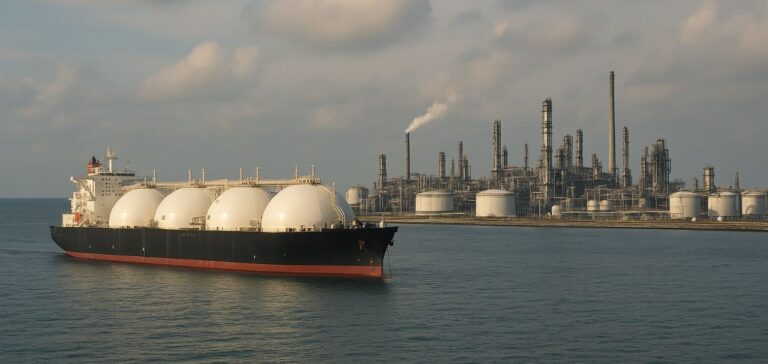LNG Energy Group Corp., a company operating in the liquefied natural gas sector, is subject to a cease trade order issued by the Ontario Securities Commission (OSC) for failing to file its audited financial statements within the required timeframe. The suspension order was issued under Multilateral Instrument 11-103 – Failure-to-File Cease Trade Orders in Multiple Jurisdictions.
According to the company’s press release dated May 12, the required documents include the audited financial statements for the year ended December 31, 2024, the management’s discussion and analysis, and the compliance certificates signed by the Chief Executive Officer and Chief Financial Officer, in accordance with National Instrument 52-109 – Certification of Disclosure in Issuers’ Annual and Interim Filings.
Suspension applies to all relevant stock exchanges
The trading ban applies to all securities of the company listed on exchanges, including the Toronto Stock Exchange (TSXV), Frankfurt Stock Exchange (FWB), and over-the-counter markets in the United States (OTCQB). No direct or indirect trading is allowed until the overdue documents are filed and an official revocation request is submitted.
The legal basis for the order is the late filing beyond the April 30, 2025 deadline. LNG Energy Group has confirmed it is working actively with its auditors to submit the required documents within two months of the deadline, although no specific assurance was given regarding the exact timeline for the revocation.
90-day window for compliance
Under current regulations, if the documents are filed within 90 days from the date the order was issued, the submission will automatically be considered as the company’s application for revocation. However, the final decision remains at the discretion of the regulatory authorities.
The company has not disclosed the specific causes of the delay but stated in a previous release dated May 7 that it intends to meet the remedial timeline. No further information was provided on the potential impact of this situation on ongoing operations or international development plans.






















